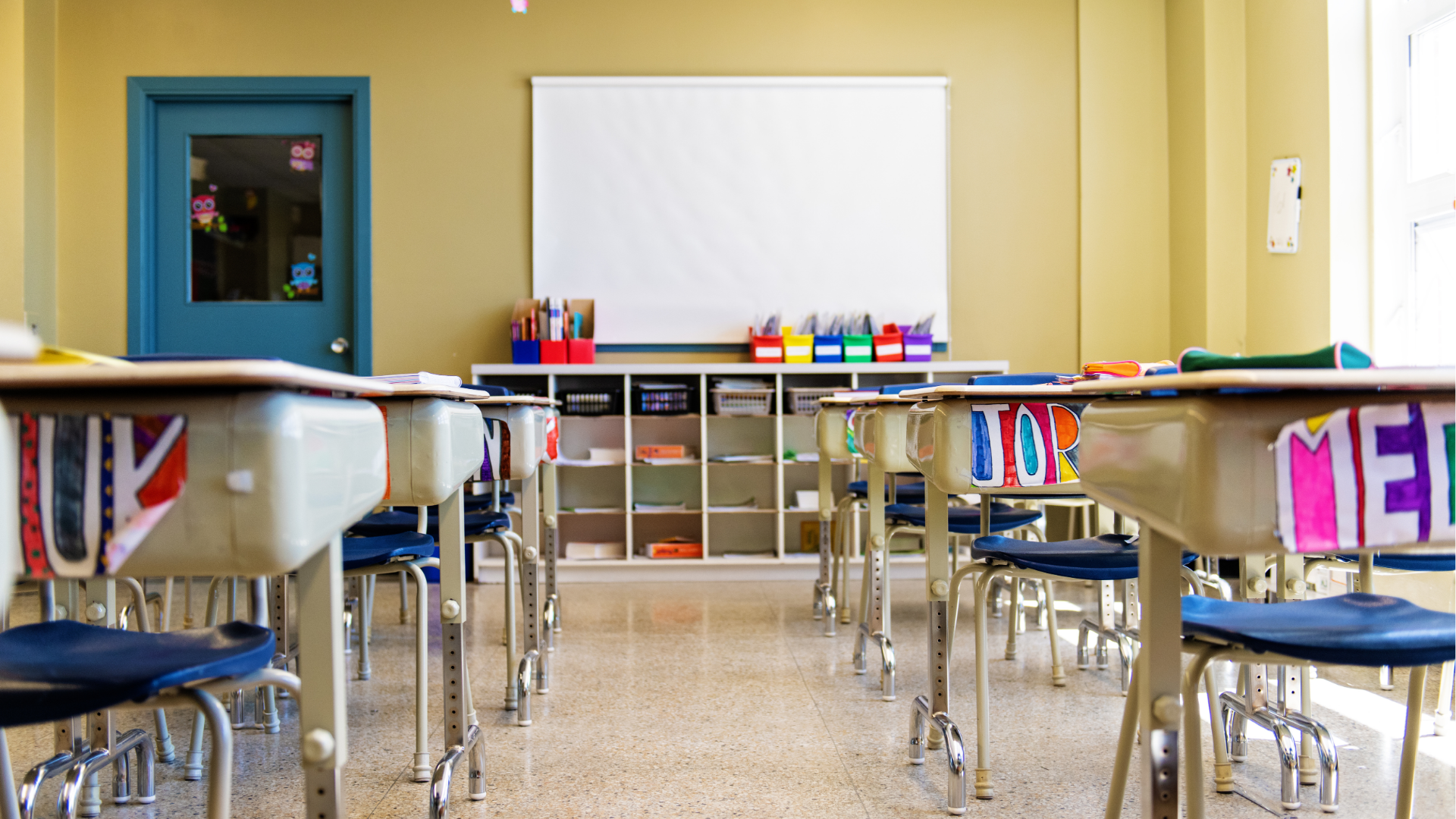Cerebrate Blog.
Explore strategies for skill development

The Importance of Self-Monitoring: Why This Executive Function Skill Is Essential for Student Learning
Posted In Teaching On May 12, 2025
The importance of self-monitoring in the classroom cannot be overstated. As one of the eight core executive function skills, self-monitoring helps students take ownership of their learning, behavior, and social interactions. In fact, self-monitoring supports nearly every other area of executive function development. Teachers who understand and prioritize the importance of self-monitoring will not only improve student behavior and academic performance but also foster student confidence, emotional regulation, and communication.
What Is Self-Monitoring?
Let’s begin with a basic executive function definition: Executive function skills are the mental processes that help students manage their thoughts, actions, and emotions to achieve goals. Self-monitoring, also called self-reflection, is the ability to observe and evaluate one’s own behavior and performance. When students develop this skill, they become more self-aware and are better equipped to adjust their actions and learning strategies to meet expectations.
If you’re solving executive function challenges in your classroom, incorporating self-monitoring into your executive function instruction is one of the most effective student strategies you can use. Below are 10 reasons why understanding the importance of self-monitoring is vital for student success across grades 1 through 12.
-
Helps Students Monitor Their Work for Errors
Teaching executive function skills like self-monitoring enables students to check their work before turning it in. Rather than relying solely on teacher feedback, they learn to ask themselves: Is this correct? Did I follow the directions? This independence improves academic performance and reduces careless mistakes.
-
Helps Students Understand Their Strengths and Areas for Growth
Students who regularly engage in self-monitoring become more attuned to their learning needs. They recognize what they’re doing well and where they need support, which helps with goal-setting and planning—two key parts of any executive function system.
-
Helps Students Understand What Areas Need Improvement
The importance of self-monitoring becomes clear when students can identify areas of struggle on their own. Instead of waiting for a teacher to point it out, they learn to pause, reflect, and adjust, promoting a stronger sense of self-direction and accountability.
-
Helps Students Understand How They Learn Best
With effective executive function instruction, students begin to see patterns in how they absorb and process information. This awareness is a powerful part of student empowerment and helps teachers better personalize instruction to meet student learning needs.
-
Helps Students Communicate More Clearly with Others
Self-monitoring supports student social skills by helping students become more aware of how they come across to others. They learn to slow down, choose their words more carefully, and express themselves with clarity and respect.
-
Helps Students Filter Their Thoughts Before Speaking
Student behavior often improves when students are taught to pause and think before speaking. Self-monitoring encourages them to consider their audience and purpose, leading to fewer disruptions and more thoughtful participation.
-
Helps Students Evaluate Their Work Results and Make Plans for Improvement
Self-monitoring is not just about noticing mistakes; it’s about using those observations to make a plan. This cycle of reflection and adjustment is essential for improving academic performance.
-
Helps Students Understand How Their Actions Affect Others
Executive function strategies that emphasize self-monitoring help students recognize the emotional impact of their actions. This builds empathy, a key part of emotional control and self-regulation.
-
Helps Students Understand How Their Actions May Bother Others
In addition to understanding feelings, self-monitoring helps students take responsibility when their behavior negatively impacts others. This insight is critical to building a positive classroom community and strengthening student relationships.
-
Helps Improve Self-Direction for Learning
The importance of self-monitoring is evident in students who can set goals, track their progress, and follow through without constant adult prompting. These learners are more motivated, engaged, and confident in their abilities.

Teachers who understand and prioritize the importance of self-monitoring will not only improve student behavior and academic performance but also foster student confidence, emotional regulation, and communication.
Teaching Self-Monitoring in Your Classroom
When implementing executive function lessons, start small. Model your own self-reflection out loud. Ask students reflective questions throughout the day. Use executive functioning tools like checklists, graphic organizers, and self-assessment rubrics. As part of an executive function curriculum, these tools and strategies help improve student engagement and provide the structure students need to internalize the skill.
Whether you’re teaching first graders to reflect on how they line up for recess or coaching high schoolers on revising essays, self-monitoring is an age-appropriate and scalable skill that benefits all learners. The more students practice it, the stronger their executive function skills become.
If you’re ready to explore more, check out these related blog posts:
And don’t miss out on future strategies, tools, and resources!
Click here to sign up for our newsletter for regular updates on executive function instruction and classroom-ready tools.
By understanding the importance of self-monitoring, teachers can implement more effective executive function interventions and help every student build the foundation for success.

